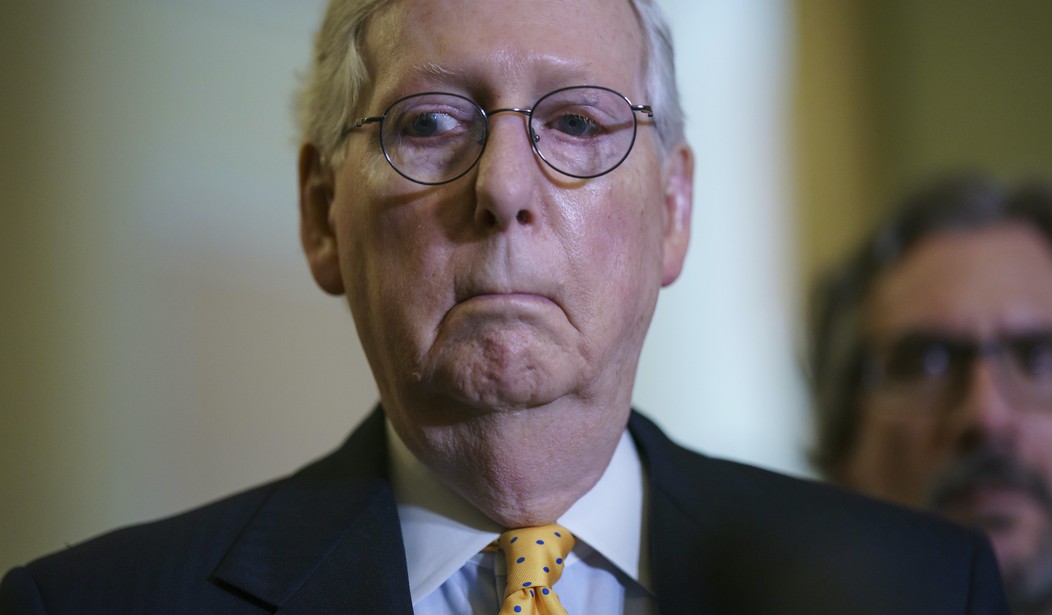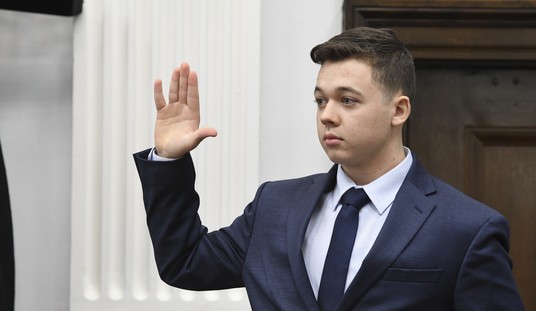This news is less than shocking for two reasons. First, McConnell had been supportive of the negotiations all along, and said when the framework was released on Sunday that the “principles they announced today show the value of dialogue and cooperation,” It’s no surprise then that he says he’s “comfortable” with the broad strokes of the deal and that he’ll vote for it if the final legislation “ends up reflecting what the framework indicated.”
The second reason, of course, is that both McConnell and Schumer (and virtually every other elected official facing voters this year) have their eyes on November, and while the GOP still enjoys a healthy and historic lead of anywhere from +2 to +9 on generic congressional ballot polling, McConnell is also well aware that crime and “gun violence” are now a much bigger issue for voters than they were before the shootings in Buffalo and Uvalde.
- Two in five Americans (38%) feel gun violence and crime is the most important issue to them personally, moving 18 points from when the question was last asked in May (20%). Notably, inflation is still the top issue overall for Americans, with over half (55%) citing this as a personal problem for them.
- While this is true, more Americans now report consuming news about crime and gun violence (76%) than inflation (66%). This also represents a substantial increase news consumption about crime and gun violence, as only half of Americans (50%) had seen crime and gun violence frequently on the news in early May.
A lot of that increase is driven by Democrats, which is a big reason why McConnell’s Democratic counterpart is so willing to take even a “modest” deal that he can both tout as a victory and use as a club against Republicans who wouldn’t do more. But even among Republicans and those crucial independent voters, concern about crime and “gun violence” grew from 17% to 27% among Republicans and from 17% to 37% among independents in a recent Ipsos poll.
Like it or not, voters are in full-on “do something” mode, and McConnell is making a political calculation that the framework as agreed to will win Republicans more votes than it will cost them from pissed off gun owners and Second Amendment activists come November. But, like many other Republicans (and some Democrats too), he’s also giving himself an out by reserving approval until he sees the actual legislative text that emerges from the negotiations.
I’ve said all along that these negotiations have been guided more by politics than policy, and that’s remained true every step of the way. Democrats are desperate for anything they can point to as an accomplishment, and Republicans who’ve planned on running against the Democrats’ embrace of defunding the police and soft-on-crime policies want to be able to say they took action when the attack ads accusing them of siding with mass murderers start airing this fall.
The trick for Democrats is convincing their base that the Senate deal represents a significant expansion of gun control laws, while Republicans have to convince their base that it does nothing to impact anyone’s Second Amendment rights. That could be a monumental task depending on what the final legislation looks like, but McConnell may very well be willing to risk it, believing that by November even the most ardent Second Amendment supporters are going to be more motivated by the high price of gas and a looming recession than the “modest” and “reasonable” provisions of a Senate agreement aimed, however accurately, at preventing school shootings.









Join the conversation as a VIP Member